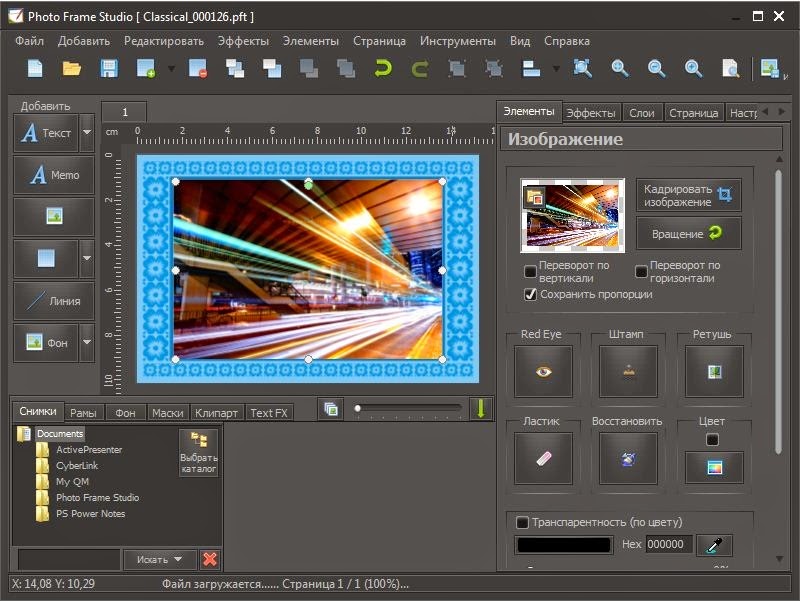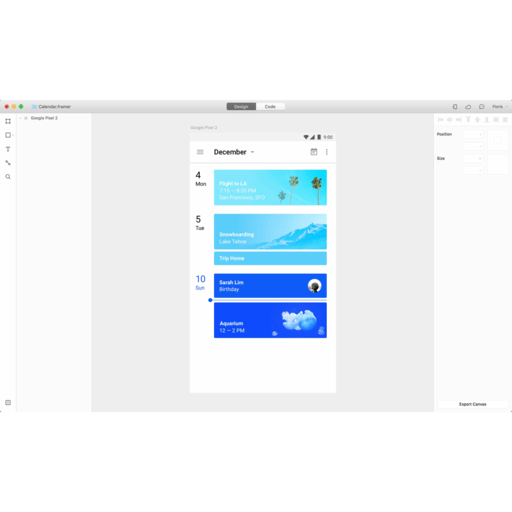
The conventional method that ignores complex sampling worked poorly, supporting the need for development of special methods for complex survey data.The. The other method, termed disaggregated analysis, includes a new set of parameters reflecting the complex sample structure.

One method, termed aggregated analysis, computes the usual parameter estimates but adjusts standard errors and goodness-of-fit model testing.

Two methods designed to take into account the complex sample structure were investigated in the Monte Carlo study. Due to the generality of the approaches, the methods cover not only continuous normal variables but also continuous non-normal variables and dichotomous variables. A Monte Carlo study that empirically evaluates these techniques on simulated data comparable to those in largescale complex surveys demonstrates that they work well in practice. Second, it extends some of this research to new situations of interest. First, it identifies several recent methodological lines of inquiry which taken together provide a powerful and general statistical basis for a complex sample, structural equation modeling analysis.
#Framer Studio 1.9.29 download software#
This study investigates and further develops statistical methods that could be used in software for the analysis of data collected under complex sample designs.

The statistical analysis technology available for such data is, however, limited in scope. Large-scale surveys using complex sample designs are frequently carried out by government agencies. Additionally, teachers identified opportunities and challenges in civic teaching for transnational students. Across countries, students were taught about human rights, global issues, and international organizations.
#Framer Studio 1.9.29 download free#
Democratic participation in groups, support for the Danish welfare system, and valuing free expression featured strongly in the Danish schools in the study. One school did much to promote local and global civic activism, whereas others emphasized school level participation and charity fundraising. In the British schools in the study, the extent to which citizenship was emphasized varied considerably. Using data from semi-structured teacher interviews, complemented by classroom observations, the study revealed examples of civic teaching reflective of distinct civic cultures and global trends. This study addresses these needs by interviewing civic educators in purposefully selected secondary schools in Denmark and England and Scotland in the United Kingdom. Implications are drawn for psychologists and educators who wish to play a role in increasing adolescents' understanding, support, and practice of human rights.Īs a consequence of globalization and increased immigration, scholars call for reconceptualizations of citizenship and empirical studies to ascertain how citizenship education is enacted in schools serving youth from immigration backgrounds. Looking at rights-related attitudes, students with more knowledge of human rights, more frequent engagement with international topics, and more open class and school climates held stronger norms supporting social movement citizenship, had more positive attitudes toward immigrants' rights, and were more politically efficacious.

Significant gender differences also exist. Students' experiences of democracy at school and with international issues have a positive association with their knowledge of human rights. Countries with governments that pay more attention to human rights in intergovernmental discourse (i.e., dialogue between nations and international governing bodies) have students who perform better on human rights knowledge items. A hierarchical linear modeling (HLM) analysis examines student-level predictors (e.g., gender and school experiences) and country-level predictors (e.g., history of democracy) of rights-related knowledge and attitudes. We have used data from 88,000 14-year-olds surveyed in the 1999 International Association for the Evaluation of Educational Achievement (IEA) Civic Education Study to examine country differences in students' knowledge pertaining to human rights compared with other forms of civic knowledge, and in students' attitudes toward promoting and practicing human rights. An understanding of human rights among young people forms a foundation for future support and practice of rights.


 0 kommentar(er)
0 kommentar(er)
